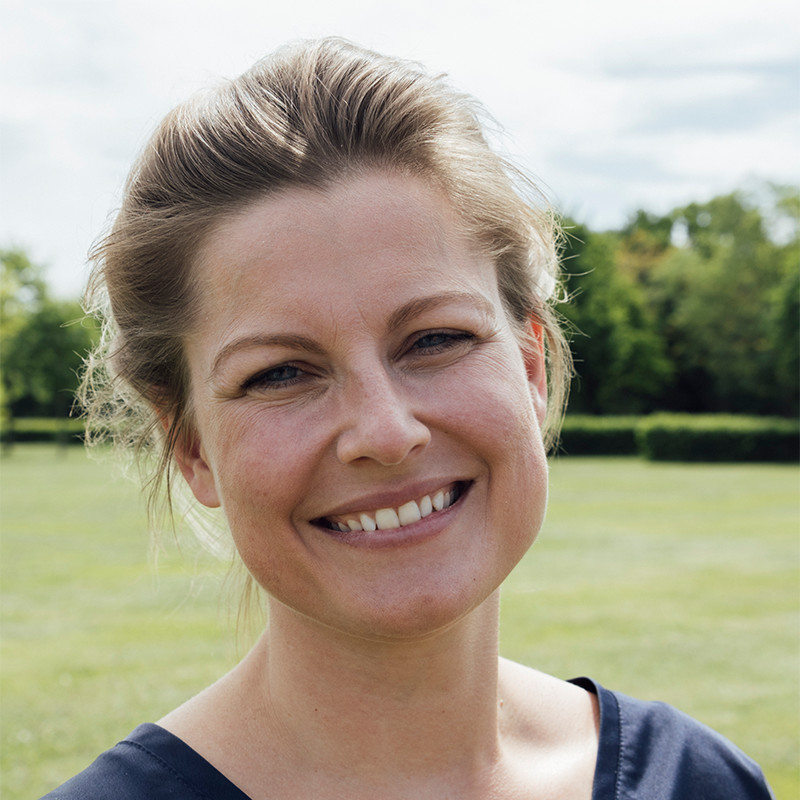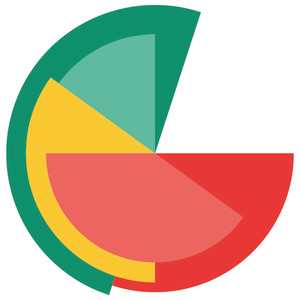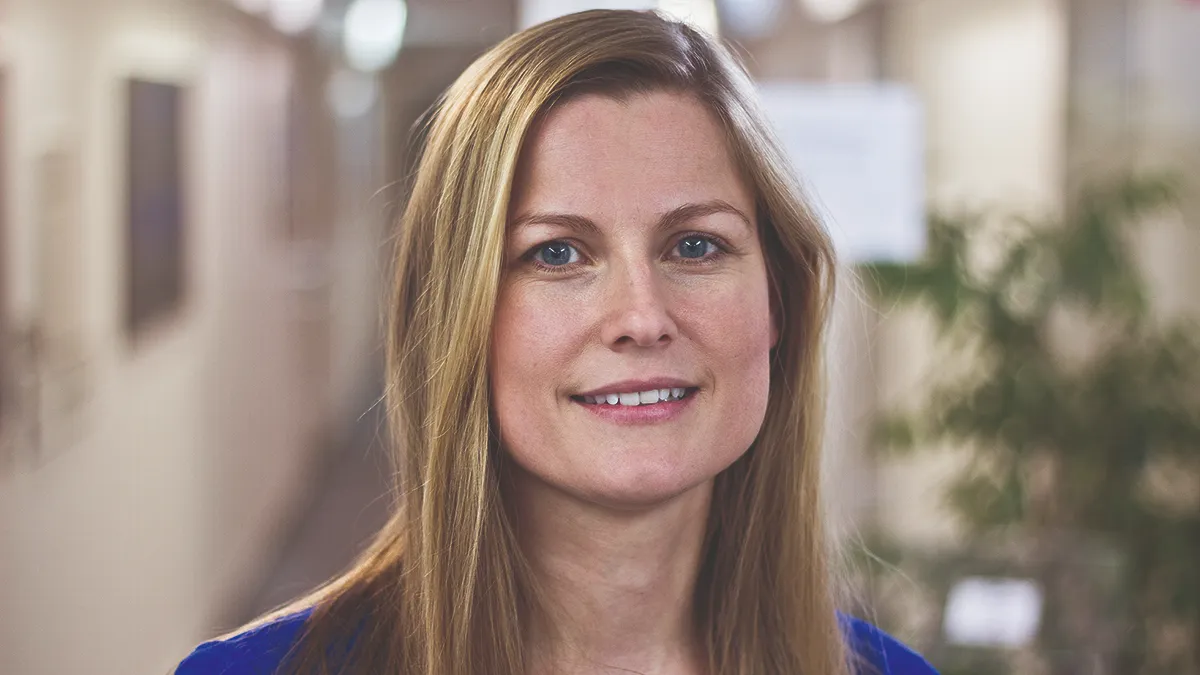Prof. Dr. Susann Fiedler, a psychologist at the University of Vienna, studies how people make decisions. In order to consider the common good, they need as much time, autonomy and freedom from stress as possible. She’s using the Basic Income Pilot Project to investigate whether a basic income could foster these conditions.
Ms Fiedler, in recent years, we have seen increasing social polarisation. What is causing this?
Susann Fiedler: Polarisation is as old as humanity itself because we have a deep-rooted need for coherent narratives about ourselves. What we do is good; what others—whom we don’t know—do is bad. On a small scale, this is a small-scale problem. But on the internet, it becomes a social problem because echo chambers are created in which the same opinions and sources are reinforced. We often lack shared content for meaningful discussions, and without this, understanding each other becomes increasingly difficult. Moreover, social norms develop within these echo chambers that legitimise discrimination against those outside the group.
You study the conditions that lead people to discriminate against others. What are these conditions?
Susann Fiedler: Imagine you’re under time pressure and can only focus on the most important things. What happens? You have to prioritise. First and foremost, you take care of what matters to you and your family. The greater the pressure and time constraints, the more selfish, exclusive, and short-sighted your priorities become—even if this ultimately works against your long-term interests. To truly consider the needs of others and of society, people need time and cognitive resources.
How do you research this?
Susann Fiedler: In our experiments, we place people under artificial time pressure or ask them to memorise long sequences of numbers. These forms of cognitive stress led to reduced generosity—people donate less, become less willing to help, and are less cooperative in group situations. We refer to this as a decrease in prosocial behaviour.

What conditions need to change to encourage prosocial behaviour?
Susann Fiedler: On the one hand, there are countless preventive measures: positive role models, strong social norms, and education. But also access to information, the threat of punishment, and social contracts. If all that doesn't help, the most immediate solution in situations of impending discrimination is to ensure people have a clear head.
Could a basic income free people’s minds for more prosocial behaviour?
Susann Fiedler: That’s exactly what we want to find out. Many psychological theories suggest it could. For example, when a person’s sense of autonomy increases, they experience less cognitive strain and stress. However, most experiments testing this have lasted no longer than 30 minutes. Beyond that, the theory ends. This is why studying these effects in real-life settings, where complex social and economic factors interact, is so crucial.
Would a state-funded basic income work differently from our experiment with 120 participants?
Susann Fiedler: Absolutely. In our experiment, participation is a matter of luck—some are randomly selected. But if the state were to implement a basic income, it would become the new norm. That would fundamentally change how people perceive money.
»Recipients could get the feeling that others not only have a claim on them, but also a basic trust in them and their abilities. That makes a difference.«
Does it also matter how the money is distributed?
Susann Fiedler: Of course! The context in which money is provided affects how recipients are perceived by others. Take, for example, the debate around Hartz IV (Germany’s long-term unemployment benefit paid after 12-18 months of unemployment). It’s surrounded by stereotypes and social stigma, which often lead recipients to feel guilty and disempowered.
Thus, even though Germany’s welfare safety net is relatively high by international standards, recipients may still feel bad about themselves.
Susann Fiedler: Yes, and the question is whether a universal basic income would change that. Since everyone would receive it and the payments would be universal, people might not feel bad about receiving the money. Unlike with Hartz IV, they are no longer those who are "living off the state" or “social freeloaders.”
What might these better feelings lead to?
Susann Fiedler: Recipients could get the feeling that others not only have a claim on them, but also basic trust in them and their abilities. That makes a difference.
What impact could this shift in perception have?
Susann Fiedler: There are fascinating experiments in schools where teachers are told in advance whether certain students are expected to be "good" or "bad." Students whom teachers believe to be "good" actually achieve better results—not just in their grades, but in their overall performance. This leap of faith becomes a self-fulfilling prophecy. If a basic income is perceived as a similar expression of trust in people, it could have far-reaching effects.
So, is basic income just a "placebo effect"—something that simply makes people feel better?
Susann Fiedler: For those struggling financially, a basic income is certainly much more than that. They need the money to live decently. But if that were the only effect of a basic income, it wouldn’t be enough—after all, the function of providing a basic security is something that Hartz IV is already trying to achieve today. A basic income must be about more than just money, because there isn’t significantly more money to distribute than there is today. The aim must be to make people feel more valued in their work, their decisions, and their lives thanks to the unconditional nature of the income, and thus give them space to make better decisions.
Speaking of better decisions: Could basic income reduce discrimination and help bridge social divides?
Susann Fiedler: I’m open to all possible outcomes. But it’s a possibility. Under pressure, people tend to stick to what they know and are less likely to seek out new information. They then tend to surround themselves with like-minded individuals. If, on the other hand, they have time and resources, they can think more clearly, can assimilate more diverse perspectives, and behave more socially. At least, that’s the theory. A basic income alone won’t magically erase social divisions, but it could enable more people to ask themselves these big questions and thus change social norms.

